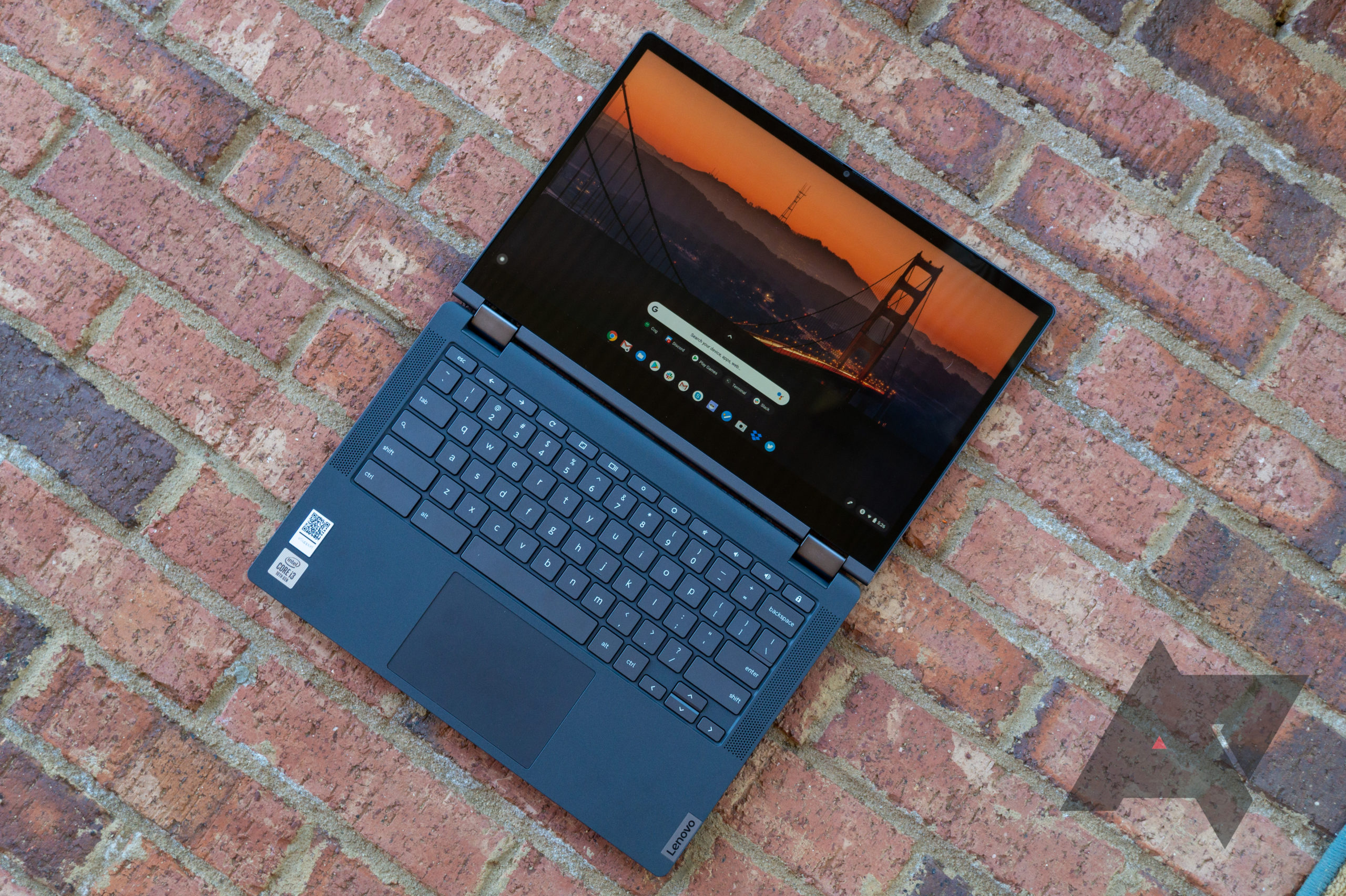
Laptops equipped with Google’s sleek Chrome OS have proven to be great machines for students or anyone looking for a reliable and affordable laptop for everyday computing needs. The incredible growth witnessed by the Chromebook market in the third quarter of 2020 is proof of its usefulness in a world that has been shaken by the pandemic COVID-19. Continuing this explosive growth, the market quadrupled in the fourth quarter of 2020 compared to the same period last year.
According to data compiled by research firm Canalys, 11.2 million Chromebooks shipped alone in the last quarter of 2020 – a huge jump from 2.9 million units in the last quarter of 2019. Similar to the third quarter of 2020, HP led growth in the fourth quarter of 2020, shipping 3.5 million units.

Chromebook market growth in 2020.
Overall, 2020 saw the shipment of a total of 30.7 million units, a jump of more than 100% from the 14.7 million units that were sold in 2019. HP was the number one supplier with 9.4 million units and a 31% market share. Lenovo and Dell came in second with 22% and 15% of the market, respectively. Samsung witnessed an annual growth of 400% and pushed Asus to grab fifth place on the charts with a 6% market share.
This is what Canalys research director Rushabh Doshi said about the dizzying growth of the Chromebook market in 2020:
Demand for Chromebooks has skyrocketed. With many countries being forced to accelerate their digital education plans after additional blocks, schools and universities are crying out for easy-to-deploy solutions and Google’s digital offerings for education are proving to be quite popular over rival platforms, especially in the U.S. and in Western Europe. With governments in many countries rushing towards a much-needed 1: 1 student device ratio, demand for Chromebooks for education is expected to remain strong until 2021. Outside education, there has also been growing interest from consumers and traditional business customers looking for Chromebooks to ensure affordable business continuity or personal computing.
What is particularly interesting about Chromebooks is that they have not yet penetrated potentially huge markets, such as India. Thanks to the growing availability of accessible internet – something Chromebooks rely heavily on – they have the potential to dramatically increase their market share by entering new markets that were not so accessible or viable before.

